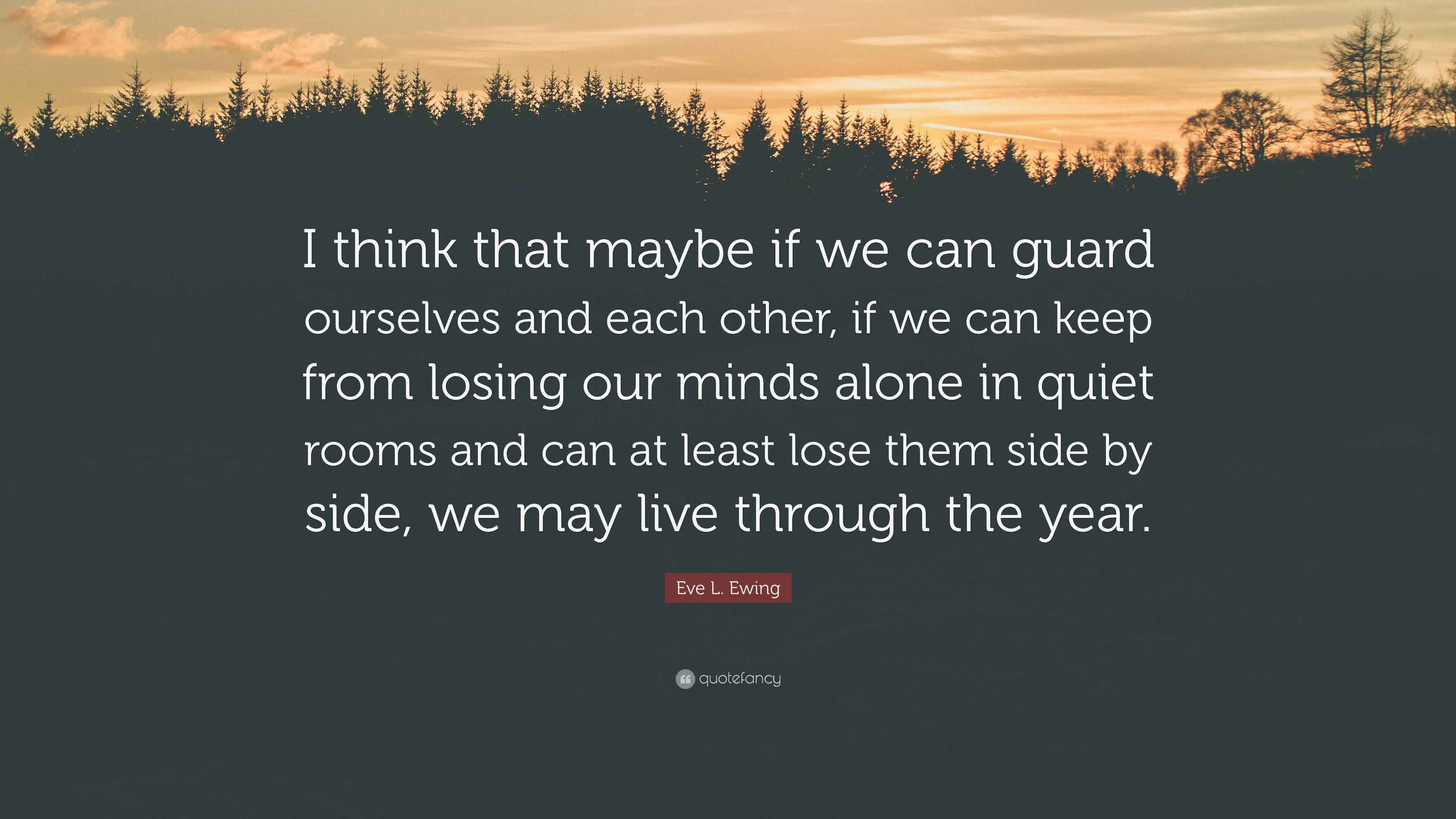Oct 2, 2024 · ai is everywhere now, from planning trips to solving work problems, but here’s the thing: We're losing the real human connection that built our world. Oct 24, 2024 · the effect of placing technology in front of the world, rosen argues, is to interrupt the processes, small and large, by which we become experienced. Feb 16, 2024 · in this process, we inadvertently transform ourselves into mere objects without realizing it, losing our individuality despite frequently discussing it. To restate this in terms of “mattering,” it seems that loving transforms the world such that someone matters so much that we cease mattering much to ourselves.
While this transformation brings incredible benefits, it’s also worth asking: What happens when programmable emotions replace real ones, and digital connections substitute the genuine?. Despite the stubborn way that people resist change, clinging to beliefs, fears, biases, and personal habits for no rational reason, we are transformative beings. This can be evidenced in.
Gia Duddy Levis: The Uncut Video - Beyond Expectation
SHOCKING Truth Behind The Rubi Rose Leak Revealed
The Salice Rose OnlyFans Leak: A Comprehensive Report
